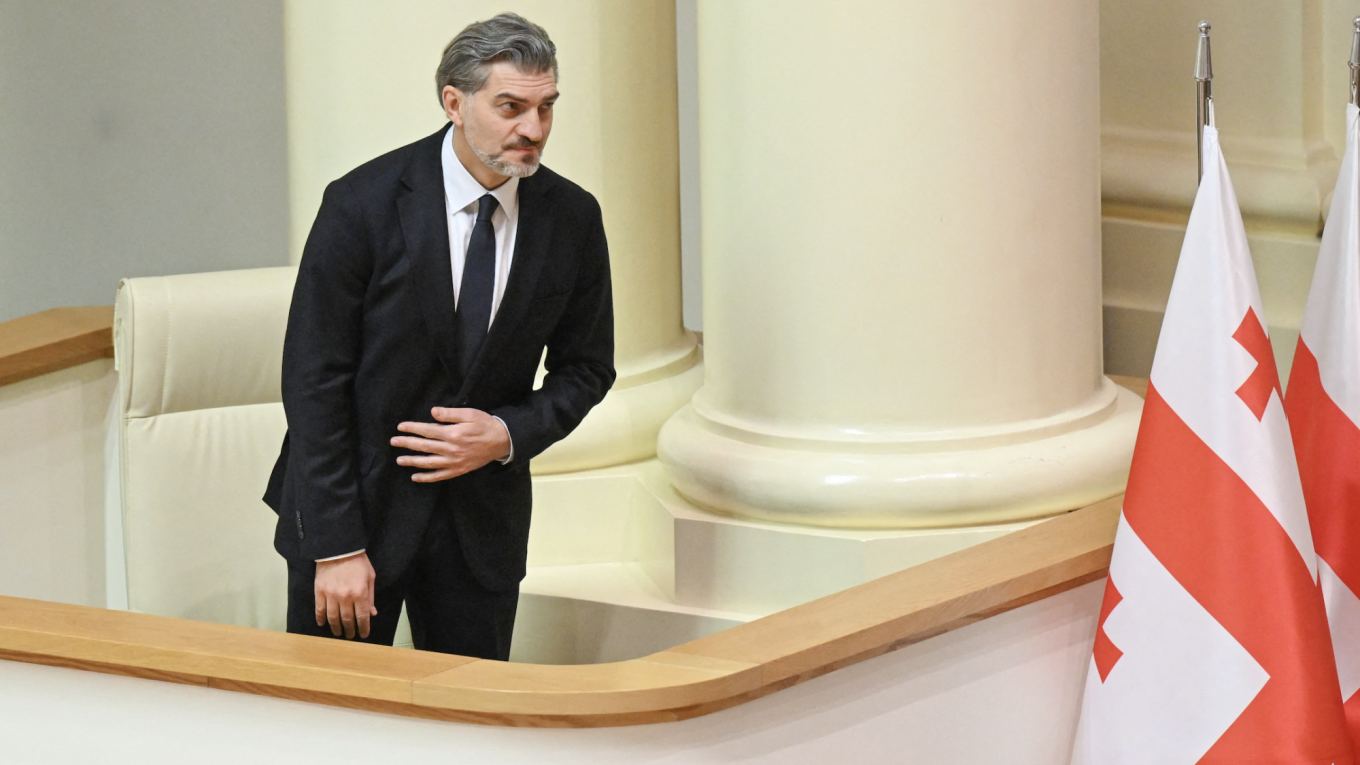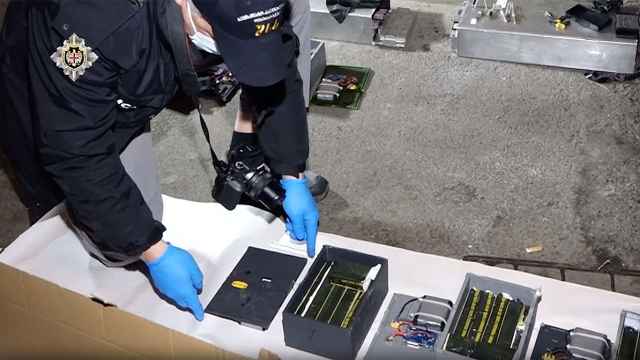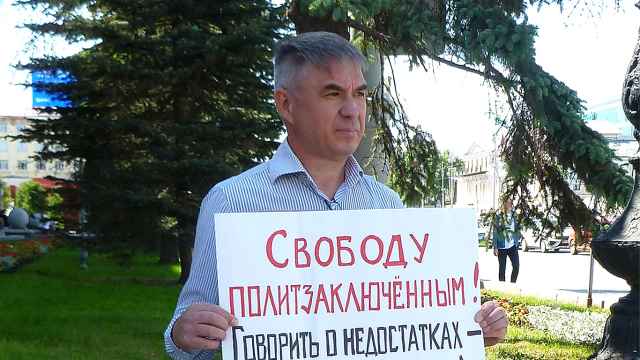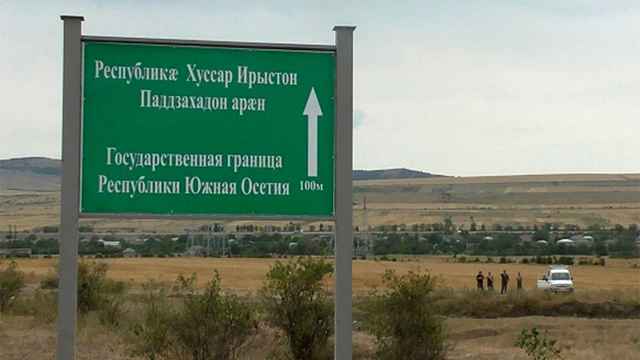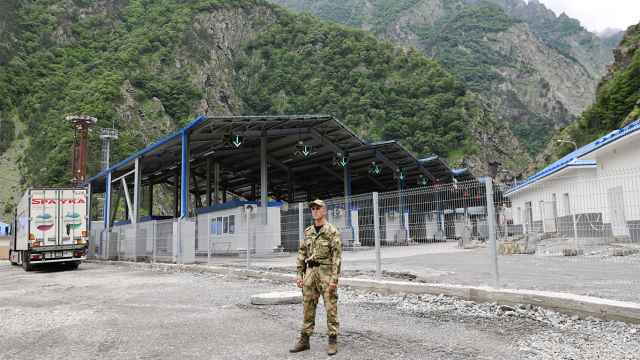Georgia's ruling party on Saturday installed a loyalist as president in a controversial election process, amid a deepening constitutional crisis and weeks of mass pro-EU protests.
The Black Sea nation has been in turmoil since the governing Georgian Dream party claimed victory in contested October parliamentary elections.
Its decision last month to delay European Union membership talks ignited a fresh wave of mass rallies.
An electoral college, controlled by the ruling Georgian Dream party and boycotted by the opposition, elected Mikheil Kavelashvili with 224 votes as the country's next figurehead leader for a five-year term, central election commission chair Giorgi Kalandarishvili said.
The opposition has denounced Saturday's election as "illegitimate" and said the sitting president, Salome Zurabishvili remains the country's sole legitimate leader.
Pro-Western Zurabishvili — who is at loggerheads with Georgian Dream — has refused to step down and is demanding new parliamentary elections, paving the way for a constitutional showdown.
On Saturday morning, protesters began gathering outside the parliament building -- which was cordoned off by police -- ahead of a rally scheduled for the evening.
Demonstrators shared tea to keep warm on a frosty morning, with water cannons parked nearby, an AFP reporter witnessed.
"Georgia never loses its sense of humor, celebrating the election of a footballer as president," Zurabishvili wrote on social media.
She shared video footage of protesters playing football in the snow in a clear jab at Kavelashvili.
One of the protesters, 40-year-old Natia Apkhazava, said she arrived early "to protect our European future".
"Our (parliamentary) election was rigged. We need new elections," she said.
"We have been protesting here for 16 days... and we'll keep fighting for our European future."
Protests are scheduled to take place at around a dozen locations in Tbilisi.
Thousands of pro-EU demonstrators filled the streets of the capital on Friday, before gathering outside parliament for the 16th consecutive day.
A former diplomat, Zurabishvili is a hugely popular figure among protesters, who view her as a beacon of Georgia's European aspirations.
'Unprecedented constitutional crisis'
Ahead of Saturday's vote, Zurabishvili called it "a parody. It will be an event entirely devoid of legitimacy, unconstitutional and illegitimate," she told a press conference.
Opposition groups accuse Georgian Dream of rigging the October 26 parliamentary vote, backsliding on democracy and moving Tbilisi closer to Russia — all at the expense of the Caucasus nation's constitutionally mandated bid to join the European Union.
Kavelashvili, 53 — the sole candidate for the largely ceremonial presidential post — is known for his vehement anti-West diatribes and opposition to LGBTQ rights.
Georgian Dream scrapped direct presidential elections in 2017.
With Zurabishvili refusing to leave office, opposition lawmakers boycotting parliament, and protests showing no signs of abating, the legitimacy of Kavelashvili's election has been undermined from the outset.
One author of Georgia's constitution, Vakhtang Khmaladze, has argued that all decisions by the new parliament are void.
This is because it ratified the mandates of newly elected lawmakers before a court issued a ruling on a legal bid to contest the elections filed by the incumbent president, he explained.
"Georgia is facing an unprecedented constitutional crisis," Khmaladze told AFP.
It remains unclear how the government will react if Zurabishvili refuses to step down after her successor is inaugurated on December 29.
Western hesitation
Police have fired tear gas and water cannons during more than two weeks of demonstrations and arrested more than 400 protesters, according to the Social Justice Center, an NGO.
On Friday, Amnesty International said protesters had faced "brutal dispersal tactics, arbitrary detention and torture."
There have also been raids on the offices of opposition parties and arrests of their leaders.
As international condemnation of the police crackdown mounted, French President Emmanuel Macron told Georgians their "European dream must not be extinguished."
"We are by your side in supporting your European and democratic aspirations," he said in a video address.
Earlier this week, Macron made a phone call to Georgian Dream founder Bidzina Ivanishvili — the tycoon widely considered to be Georgia's real power broker.
His decision to call Ivanishvili — rather than Prime Minister Irakli Kobakhidze — is indicative of the West's hesitancy to recognize the legitimacy of Georgian Dream's new government.
Washington has also imposed fresh sanctions on Georgian officials, barring entry for around 20 people accused of "undermining democracy in Georgia," including ministers and parliamentarians.
A Message from The Moscow Times:
Dear readers,
We are facing unprecedented challenges. Russia's Prosecutor General's Office has designated The Moscow Times as an "undesirable" organization, criminalizing our work and putting our staff at risk of prosecution. This follows our earlier unjust labeling as a "foreign agent."
These actions are direct attempts to silence independent journalism in Russia. The authorities claim our work "discredits the decisions of the Russian leadership." We see things differently: we strive to provide accurate, unbiased reporting on Russia.
We, the journalists of The Moscow Times, refuse to be silenced. But to continue our work, we need your help.
Your support, no matter how small, makes a world of difference. If you can, please support us monthly starting from just $2. It's quick to set up, and every contribution makes a significant impact.
By supporting The Moscow Times, you're defending open, independent journalism in the face of repression. Thank you for standing with us.
Remind me later.


